|
Daniellé Abena Scott-Haughton is writer, director and producer of the award winning web series ‘Dear Jesus’. 1. Which stories - films/books/comics/TV shows - do you think have made the greatest impact on you? I grew up in Zimbabwe, raised by my Jamaican grandparents and I loved cartoons and films. 'The Lion King' was a conundrum to me. Simba was a familiar name, a Zimbabwean name but he had an American accent. I didn’t understand. Studying Hamlet at school, I immediately saw Scar and Mufasa and I fell in love with Shakespeare because I had amazing teachers who made the words and lessons about humanity connect and come alive. As I’ve grown up Chinua Achebe’s 'Things Fall Apart' is the book that haunts me the most- I think about it often. Chimamanda Ngozie Adichie’s 'Half Of A Yellow Sun' is the book that resonates most deeply with me. My aunt told me I might have been raised in Nigeria had the Biafra war not broken out forcing my grandfather to immigrate to Zimbabwe instead of his first choice. There was a couple of years I was addicted to Fantasy Romance novels and my favourite author is Nalini Singh. Her books are amazing. Imagine the depth and wealth of JRR Tolkien but about love, vampires, angels and shapeshifters- SUBLIME. I’m a romantic and have an affinity with the supernatural, so the worlds she created were home to me, I consumed them like air. I’m a huge Scorsese fan. 'The Departed' is a masterpiece to me. I would have told you that was my favourite film before a month ago. Now my favourite film of all time is 'Moonlight'.. It awoke something in me. Barry Jenkins film and Tarrell Alvin McCraney’s play on which its based are so powerful, so necessary; I don’t think I’ll be the same or think about the medium the same again. Scandal changed everything for me. Shonda Rhimes is my undying hero. 2. Can you remember when you realised that television shows and films were actually written by someone and which film or show was it? Awesome question! I’m not sure. I think it was Making The Video on MTV. It blew my mind. I became obsessed, like how did they film someone looking in the mirror from behind without us seeing the camera? They were magicians to me. I respected them so much. 3. When did you realise you wanted to be a writer? My grandfather was a writer. He wrote stories for me. In secondary school I wrote stories for my classmates. It was a girls’ school and we were all horny teenagers so they were filthy af. LOL. But to be honest, I didn’t know I wanted to write until after I graduated from university. I’ve always written but I was distracted by all the other things I’m good at; making clothes, acting, video production that I didn’t pay attention to the writing until a little later. 4. Do you read scripts for pleasure/inspiration – if so what is the best script you’ve read? I read scripts for work and I find it very pleasurable when I find a good one. I fell head over heels with a screenwriter called Lydia Adetunji and to this day my heart aches that I haven’t had the opportunity to work with her. I read one of her scripts, don’t know if I can say which one, and I love her style and confidence. 5. You’ve created a web series ‘Dear Jesus’ – how did that come about? When I graduated from uni in 2010 I was the video director at SUPERSUPER magazine. They folded and I had to work at Aunty’s Jamaican take-away while I was looking for work. I got so frustrated when opportunities kept slipping through my fingers and having seen Issa Rae’s success with 'Awkward Black Girl' in the States and 'Brothers With No Game' and 'Venus Vs Mars' here in London, I thought I have all the tools to do that! So I did. And I mean I did everything myself that first season; the writing, the casting, the filming, the editing, the online promotion. You could tell. Bless me back then. I had no idea how much work went into creating and marketing a web series and making it a success. After the first season only had a couple hundred views per episode, I was going to quit but my great friend Seye Isikalu believed in me and offered to help make the second season better. And we did. It’s the best thing that’s ever happened to me. It’s taught me everything. I owe my life to the actresses and actors who gave up whole chunks of their lives to work for me. 6. Do you think the internet allows creatives to tell stories that wouldn’t normally find a space on mainstream broadcasters? Yes. While broadcasters are scratching their heads trying to figure out how to make space for black voices, black voices and other underrepresented voices are just getting on with it online - cutting out the middle man cos we don’t have time for their red tape and confusion. It’s changing though. 'Venus Vs Mars' being commissioned for Sky cracked open a door and now with Michaela Coel’s success the UK are climbing over themselves to make way for us. It’s a slow process. Even for white people, who I previously assumed, just used their whiteness to make things happen for them and to get past the gatekeepers. I am however undeterred and know there’s a seat at the table for me and others like me. 7. What is the process of getting a web series in front of an audience – I’m assuming there’s a lot of social media engagement? You become a social media expert when you create a web series. You have to. You learn about the optimal time to post links and have the greatest engagement. Every platform differs. You learn that tweets with photos are more effective than just those with links. The photos have to be exciting and bold. You learn to put your pride aside for the greater good of the success of your project. You learn Hoot Suite and schedule your tweets weeks in advance. Beside that, you are a mini commissioner. What day do you release your episodes? How long are your episodes. People who comment always bang on about needing longer episodes but you know from your analytics on YouTube audience retention is hard and despite having high viewing figures that doesn’t necessarily reflect if someone has watched all the way to the end. Why should I write half hour episodes for free for YouTube when the majority of people only watch 5 minutes? It’s a minefield. When I started working in television and learned how much TV writers were getting for writing half hour comedies or hour long dramas, I knew the system we’d been forced to create because of the lack of representation was actually not a good model. Somehow we are creating work that’s worth tens of thousands of pounds for free. 8. Which other web series do you watch? I watch less now but I will always watch whatever Cecile Emeke makes and anything on the Brothers With No Game channel; How Did We Get Here being one of my favourites. Leon Mayne is a real talent. 9. You write your own projects but also help other writers develop theirs - what do you think are the advantages of doing both? And are there any disadvantages? There are no disadvantages to helping other writers. It makes you better. Iron sharpens iron and I get to work with the best writers around. It’s a privilege I treasure. 10. Is there a particular current series or film that you are most inspired by and why? I have seen 'Hidden Figures' four times now and it gets better every time I see it. I’m reading the book at the moment and it’s even better than the film. Taraji P Henson, Octavia Spencer and Janelle Monae did such an incredible job bringing these women’s real life stories to life. I’m so happy these women’s work is no longer hidden. And to see black love on screen? It’s stupendous. How they didn’t nominate Henson for the Academy Award is beyond me. Give her her things. 11. Who is/are your favourite writer/s and why? WOW. This is hard. My favourite writer today is Nicola Yoon. 'Everything Everything' is amazing and I’m so happy it’s being made into a film but 'The Sun Is Also A Star' arrested me. I wanted work to hurry up and finish so I could finish it. I cried when it was over. Not because I was sad but because it was over. 12. What was the last story you saw or read that really surprised you? 'Netflix & Chill' by Bolu Babalola because I forgot that not everything had to be heavy and painful. I made everyone in my office read it. She’s the most exciting writer out right now. 13. How much of writing do you think is intuitive and how much an adherence to a set structure? The two can work together for me. Your intuition is so important but without a method, a process of writing, how will you make your feelings make sense? One cannot exist without the other for me. Any time I’ve ever just started writing without having set out my intentions whether in my mind or on paper, I’ve flopped. 14. Is there another form of creative writing you’d like to try – theatre, novels, poetry, comics or even games and why? Oh yes. I’d love to write a play or a book. I recently saw Danai Gurrira’s 'The Convert' and I was so spellbound. I’d love to try that. And a novel because you can really let loose in that space. 15. Which writers – novelists, playwrights, poets – do you enjoy the most? Novelists. I’m very fidgety. I admire anyone who can get me to sit still and turn my mind off to focus on a world they created. 16. Is there another creative – writer, director, actor etc – who you would love to work with and why? Shonda Rhimes. Oh! The things she would teach me. She’s glory to me. The living embodiment of everything I hope to be. 17. What is the best piece of advice you’ve been given regarding writing? “Write anything. It doesn’t have to make sense, just get started, sis.” 18. If there was a single piece of advice you could give to someone thinking of writing a screenplay for the first time what would it be? Download Celtx for free and give it a go. 19. If you could give your younger self a piece of advice what would it be? One thing at a time, love. You cannot be everything at the same time and expect to be great at any one of those. 20. In an ideal world what will you be doing ten years from now? I’ll be choosing a dress to attend the Academy Awards. Watch 'Dear Jesus' and visit Danielle's blog.
0 Comments
Jan Hendrik Verstraten and myself set up New Renaissance Film Festival (NRFF) in London, in 2016. We have since added a second festival in Amsterdam. We want to give aspiring artists and storytellers a platform to showcase their work, and our aim is to promote and nurture the incredible creativity and talent that is out there. We also wanted to create a good platform for filmmakers and to treat them in a respectful way. As filmmakers ourselves, we understand the need to have your work seen by an audience. And a lot of the short films we screen are high quality drama and often far more interesting than what you get to see in a big cinema complex. Although still a young festival, NRFF has already defined its identity. We have a real passion for drama, and much of our time is spent discovering stories that move us, challenge us and above all inspire us. This has been noted by the critics. NRFF was featured recently in the London METRO’s list of TOP UK FILM FESTIVALS, alongside Raindance and Aesthetica - two very well established festivals - which was wonderful! As the Creative Director of NRFF, I am keen to support a diversity of different voices and points of view. NRFF London, for instance, actively encourages young talent starting out in the industry, whilst NRFF Amsterdam has a large section devoted to LGBTQ films and screenplays. Our many awards give independent filmmakers and screenwriters the recognition they deserve. Filmmaking is the work of artists who love what they do and that’s why they do it. It’s great to work in this kind of atmosphere. For more information: nrffamsterdam.com newrenaissancefilmfest.com NRFF London 2016 Trailer: https://vimeo.com/177750729 NRFF Amsterdam 2017 Trailer (for LGBTQ films): https://vimeo.com/200750662 NRFF Amsterdam (International Films) https://vimeo.com/201834281 Click here to see what people are saying about NRFF. For Festival Images: http://newrenaissancefilmfest.com/2016-festival-gallery-2 Henrietta Hardy is a Middlesborough native who has written for some of the longest running and most popular series on British television. She recently attended the European TV Drama Series Lab in Berlin. 1. Which stories - films/books/comics/TV shows - do you think have made the greatest impact on you? TV-wise growing up it would have to be ‘Rentaghost’ and ‘Starsky and Hutch’ as I was such a huge fan of both. A little later, I’d say things like ‘Boys from the Blackstuff’ and ‘A Very British Coup’ were the things that really inspired me to write. I loved Jimmy McGovern’s ‘Priest’ also. Book-wise I fell in love with this amazing romantic novel called ‘Le Grand Meaulnes’ by Alain Fournier who only wrote one novel as he was killed in the First World War. I’ve never dared read it again, however, in case some of its magic has gone. 2. What was the first screenplay you wrote and why? I wrote a 30 minute screenplay called ‘Outcast’ about a man in his twenties whose life is falling apart in Edinburgh. He had a terrible time with his mum growing up but more recently she’s got her life back together and remarried. So now his half-brother is having this idyllic childhood he never had. He kidnaps his brother and takes him up a mountain. I still love the story. (Being completely truthful I imagine I had written a few nail-bitingly awful shorts before this but it’s the first main script I remember). 3. How did you get into writing on long running television series like The Bill, Doctors and Casualty? I went to the Northern Film School and then got a job with World productions developing a medical drama. A friend of mine was on The Bill and gave me a few tips. I approached them and started pitching a few story ideas. Compared with how tough it seems now to get your first break, I think I was pretty lucky. With Doctors I wrote a spec script to get on the show and with Casualty, I did their shadow scheme. It feels a bit backwards really i.e. I got on a one hour show like The Bill with no TV writing experience and when you have the experience, you are asked to do the shadow schemes. 4. We worked on your first Casualty episode together - can you explain your approach to the collaborative nature of screenwriting as it is the most collaborative of all forms of writing? Initially you have to fall in love with the story you are telling. After that, if someone has a better idea than me about how to make it work, then I’m not precious about it. Obviously I’ll probably kick myself that I didn’t come up with it in the first place but that’s life. As long as I still feel that love for the story. I think if you lose that, that’s when you start to struggle. So working with great script editors, which I have been lucky to do for the most part, including yourself, really adds to the script and makes the whole process much more enjoyable. The same goes for producers. The only sad thing is that we generally don’t spend as much time on set as we could, get to know the rest of the people involved with the production, directors and crew. Sometimes not being there can mean that little things get missed. I recently heard Terence Winter tell this great story about the Sopranos, about how Christopher was thinking about leaving the mob and starting a normal family and he sees this stereotypical American couple, the guy supporting this awful mullet and it instantly changes his mind. Terence said that the person who did hair on set, firstly didn’t know what a mullet was and then, when they found out, refused to inflict it on the actor. They felt it compromised their professionalism – to be fair, mullets are horrible! The irony was that the actor didn’t mind. Anyway, with some cajoling Terence got his way but you imagine how a quick but important visual reference in a scene would be totally lost if he hadn’t been on set to pick up on it. 5. Is there a single episode of all the dramas you’ve written that you are particularly proud of and why? Probably one of the stories in that first Casualty episode we worked on, about Frankie, who was in prison and had taken an iron overdose in order to see his mum. The actor James Nelson-Joyce, had me in tears, it was such a great performance. I just loved the raw emotion of it. 6. Is there a particular series or film that you are most inspired by and why? I’ve recently watched ‘The Young Pope’ and have become a huge fan. I love Paolo Sorrentino’s work, especially ‘The Great Beauty’ and The Young Pope looks similarly beautiful, whilst being populated by a curious mix of saints, sinners, psychopaths, manipulators and asking some huge questions about life. 7. Who is/are your favourite screenwriter/s and why? Steven Knight at the moment, especially for Peaky Blinders but Taboo also gets right under your skin. Sally Wainwright for her wonderful dialogue, bringing very real characters to the screen. Jimmy McGovern because he’s still fighting the cause, which too few dramatists seem to be doing these days. 8. We were both on John Yorke’s ‘Writers’ Academy’ at the same time where he took us through his five act structure. How much of writing do you think is intuitive and how much an adherence to a set structure? I think I start with the intuitive approach and then re-shape using structure which usually helps to show up any flaws, places where the plot is flat-lining. 9. What is the best piece of advice you’ve been given regarding screenwriting? Keep buggering on! I won’t credit the friend who said that to me in case, although he’d probably laugh but it’s got me through the times when I want to quit or stick my head in a bucket. There are tonnes of other helpful things and tips I’ve learned over the years but when the chips are down, it’s KBO. 10. If there was a single piece of advice you could give to someone thinking of writing a screenplay for the first time what would it be? To enjoy the process, the freedom that you get when maybe you don’t know so many rules. We might spend years honing our craft, hoping to get to the pinnacle of work that is the original drama but if you don’t enjoy the journey along the way, what’s the point? |
Guest BlogWhere craftsmen and women share their thoughts on storytelling. Archives
January 2018
Categories |
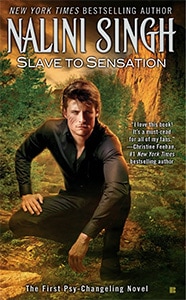
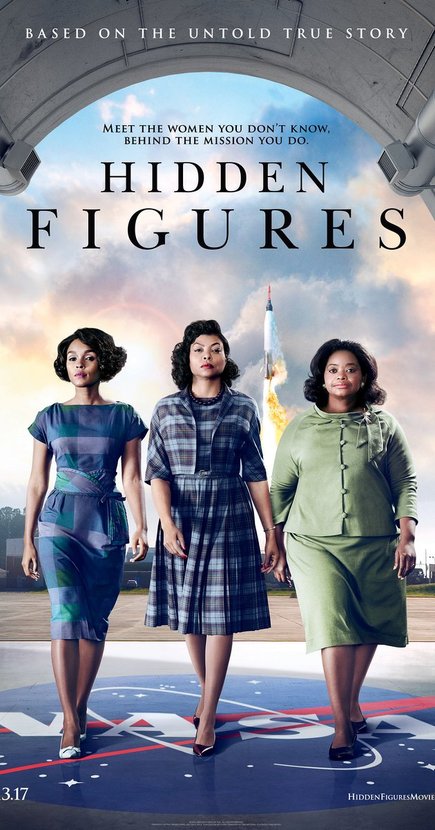
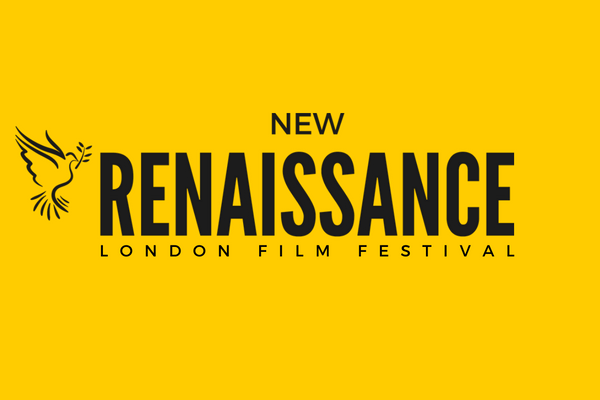
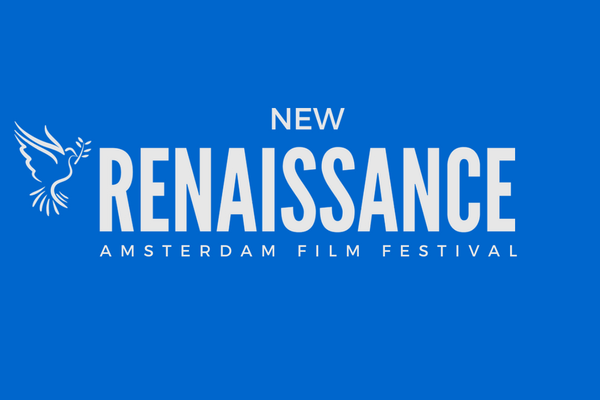
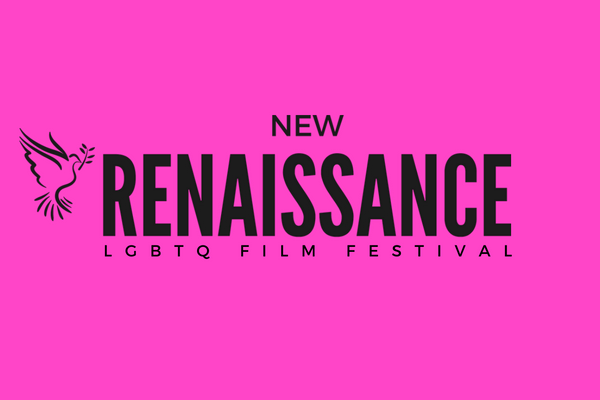
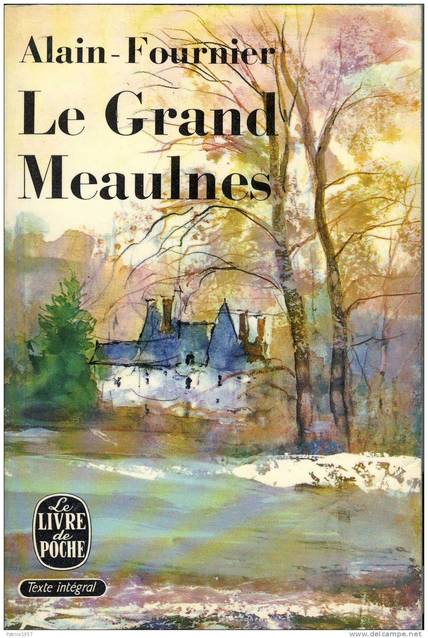
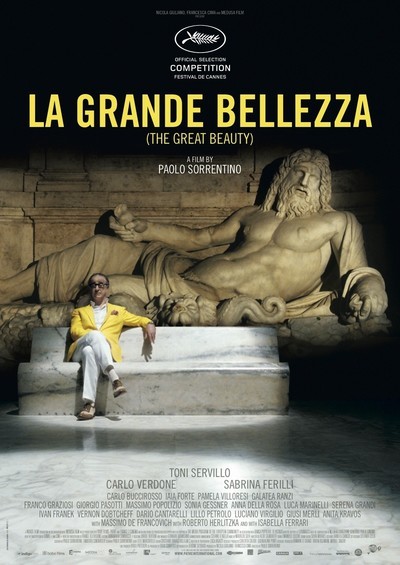
 RSS Feed
RSS Feed